Organic cotton, bamboo, and Lyocell have carved their niche in the bedding industry. Each material offers unique benefits and characteristics and is an eco-friendly option for conscious consumers. As the demand for environmentally responsible products surges, understanding the differences between these materials becomes increasingly important.
But which of these is superior? The answer lies deep within their individual properties, production processes, and overall impact on our planet. To determine which material is better, let's investigate the details and compare organic cotton, bamboo, and Lyocell.
What is Organic Cotton?

Organic cotton is a natural fiber that is grown without the use of synthetic pesticides, herbicides, and fertilizers. Instead, organic farmers rely on crop rotation and composting to maintain soil health and control pests. This results in a cleaner ecosystem for both consumers and farmworkers.
Moreover, the production process of organic cotton involves minimal water usage as compared to conventional cotton. According to The Water Network, organic cotton uses 91% less blue water (water from irrigation) and 62% less grey water (water used in textile processing) than conventional cotton. This makes it a more sustainable option for producing textiles.
For bedding accessories, organic cotton offers a soft and breathable fabric that is gentle on the skin. It is also hypoallergenic, which is ideal for sensitive skin or allergies. Overall, organic cotton is an environmentally friendly and comfortable choice for bedding.
1. Pros
- Eco-friendly: Organic cotton is grown without synthetic pesticides, fertilizers, or genetically modified organisms, ensuring a safer and cleaner ecosystem.
- Water efficiency: Compared to conventional cotton, organic cotton significantly reduces water consumption in its production process.
- Comfortable and Hypoallergenic: Organic cotton bedding offers a soft, breathable fabric that is gentle on the skin and ideal for those with sensitive skin or allergies.
2. Cons
- Cost: Organic cotton tends to be more expensive than conventional cotton due to the higher cost of organic farming practices and smaller yields.
- Availability: Organic cotton products can sometimes be limited compared to conventional cotton.
- Color limitations: Since organic cotton is not chemically treated, it may not be as vibrant or varied in color as conventionally grown cotton.
What is Bamboo?

Bamboo is a natural, renewable resource that has become popular as bedding material in recent years. The bamboo plant grows incredibly fast, with some species capable of growing up to 35 inches in a single day.
The chemical treatment of bamboo is what determines its final product. For bedding, bamboo can be processed in two ways: mechanical or chemical. Mechanical processing involves crushing the woody parts of the plant to create a soft pulp for fabric production. In contrast, chemical processing uses harsh chemicals to dissolve bamboo into a soft fiber known as rayon.
Bamboo offers a luxurious softness for bedding similar to cashmere or silk. It is also naturally hypoallergenic and antimicrobial, making it an excellent option for those with allergies or sensitive skin.
1. Pros
- Sustainability: Bamboo is a fast-growing, renewable resource that produces a higher acre yield than cotton. This makes it an efficient and environmentally friendly material.
- Low Water Usage: The production process of bamboo fibers uses less water than cotton, reducing its environmental impact.
- Luxurious Feel: Bamboo bedding offers a softness comparable to cashmere or silk, providing a luxurious sleeping experience.
2. Cons
- Chemical Processing: Converting bamboo into fabric often involves chemicals, which can counteract its eco-friendly benefits if not managed properly.
- Durability: While the bamboo fabric is soft, it may not be as durable as other materials and could wear out faster.
- Cost: High-quality bamboo bedding can be more expensive than other materials due to the extensive processing.
For better maintenance of bamboo bed linen, here is a guide to prepare how to wash bamboo bed sheets.
What is Lyocell?

Lyocell is a sustainable fiber from wood pulp, primarily sourced from eucalyptus trees. The production process uses a closed-loop system where chemicals are recycled, resulting in minimal waste and environmental impact.
Lyocell is known for its moisture-wicking properties, making it ideal for bedding as it helps regulate body temperature. It is also biodegradable and compostable, making it the most eco-friendly option among all three materials.
Moreover, Lyocell has a smooth and soft feel, making it comfortable for all skin types. For bedding, it offers a luxurious experience with added environmental benefits.
1. Pros
- Eco-friendly: Lyocell is made from sustainable wood pulp and uses a closed-loop production process that minimizes waste and environmental impact.
- Regulates Body Temperature: The moisture-wicking properties of =Lyocell make it an ideal choice for bedding as it helps regulate body temperature.
- Gentle on Skin: It has a smooth, soft, gentle texture, making it suitable for all skin types.
2. Cons
- Cost: Similar to bamboo, high-quality Lyocell bedding can be more expensive due to its production process and limited availability.
- Color limitations: Similar to organic cotton, Lyocell may not offer as many color options as it is not chemically treated for color vibrancy.
Organic Cotton vs Bamboo vs Lyocell: Which is Better?
Choosing organic cotton, bamboo, and Lyocell depends on personal preferences and needs. All three materials offer unique benefits and are more sustainable than conventional cotton.
Organic cotton is an excellent option for soft, hypoallergenic, gentle, and eco-friendly material. Bamboo offers a luxurious feel and is ideal for those with allergies or sensitive skin. On the other hand, Lyocell has the most eco-friendly production process and offers superior moisture-wicking properties.
When it comes to cost, organic cotton may be more affordable compared to bamboo and Lyocell. However, the long-term benefits of these sustainable materials make them a worthwhile investment. So, for those looking for a luxurious and environmentally friendly option, bamboo and Lyocell may be worth the extra cost.
What Products Can We Offer?
At Souverhome, we offer a wide assortment of bedding products to suit all your comfort needs. Our range of organic cotton products includes everything from luxuriously soft sheets and duvet covers to plush and comfy pillows. Our organic cotton products are crafted with utmost care, ensuring a hypoallergenic solution that's gentle on your skin and kind to the environment.
For lovers of luxury, our bamboo bedding products are hard to beat. Our bamboo collection offers luxury without compromising sustainability, from silky-soft sheets to fluffy comforters and pillows. We source high-quality bamboo fibers that are gentle on the skin and offer superior moisture-wicking properties for a comfortable sleeping experience.
Our Lyocell collection is perfect for those looking for an eco-friendly option that doesn't compromise comfort. From silky-smooth sheets to temperature-regulating duvets and pillows, our Lyocell collection offers the ultimate sustainable luxury. Each product is made carefully, ensuring a comfortable and environmentally friendly sleeping experience.
Whether you prefer organic cotton, bamboo, or Lyocell, Souverhome has covered you with our range of sustainable bedding products. We believe in providing high-quality, eco-friendly options that promote a good night's sleep and a better tomorrow for the planet. Shop now and experience the comfort and luxury of our sustainable bedding products!
Final Words!
Choosing sustainable and eco-friendly materials for bedding benefits the environment and enhances your overall sleeping experience. While organic cotton, bamboo, and Lyocell are all great options, each has unique features that cater to different needs and preferences.
At Souverhome, we prioritize sustainability without compromising on quality and comfort. Our range of products offers a variety of options, ensuring that you find the perfect bedding for your needs. So, make the switch to sustainable bedding today and join us in making a positive impact on our planet.
FAQs
1. Is Lyocell better than organic cotton?
Both Lyocell and organic cotton are sustainable options for bedding, so it ultimately depends on personal preferences and needs. Lyocell has a more eco-friendly production process and offers superior moisture-wicking properties, while organic cotton is soft, hypoallergenic, and widely available.
2. Is bamboo better than organic cotton?
Bamboo and organic cotton both have their merits for bedding use. Bamboo is known for its luxurious feel, breathability, and superior moisture-wicking properties, making it ideal for those with allergies or sensitive skin. Meanwhile, organic cotton is renowned for its softness, hypoallergenic properties, and wide availability. The choice between the two ultimately depends on individual preferences and specific needs.
3. Why is Lyocell more expensive?
Lyocell may be more expensive than conventional or organic cotton due to its production process and limited availability. The closed-loop production process used for Lyocell minimizes waste and environmental impact, resulting in a higher cost per product.
4. How do you take care of sustainable bedding products?
To ensure the longevity of your sustainable bedding, we recommend following the care instructions provided for each product. Washing with cold water and using eco-friendly detergents will help maintain the integrity of the materials.
Avoid using bleach or fabric softeners, which can harm the environment and your bedding. Line-drying or using a low heat setting on your dryer is also recommended for sustainable bedding.

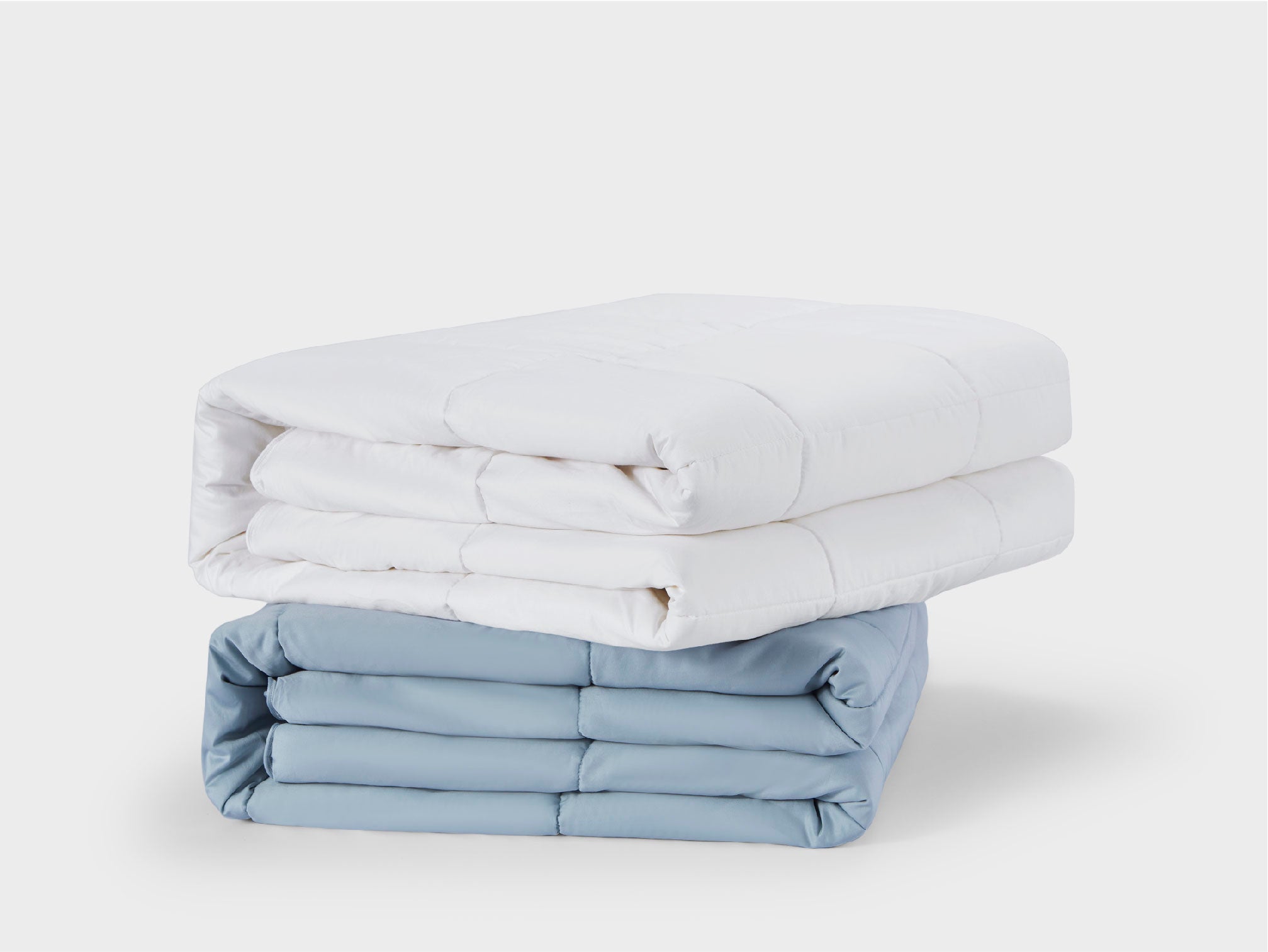
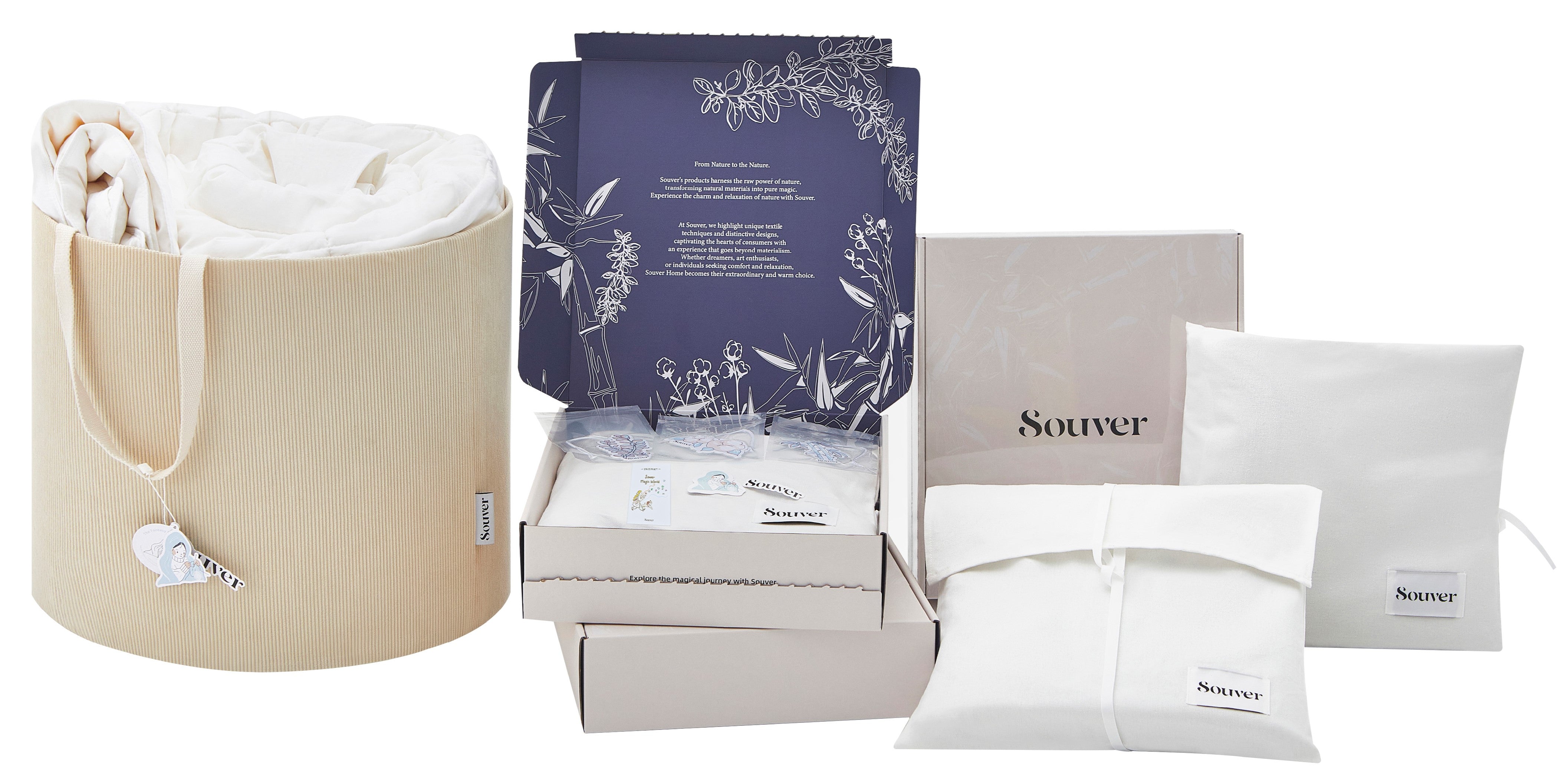
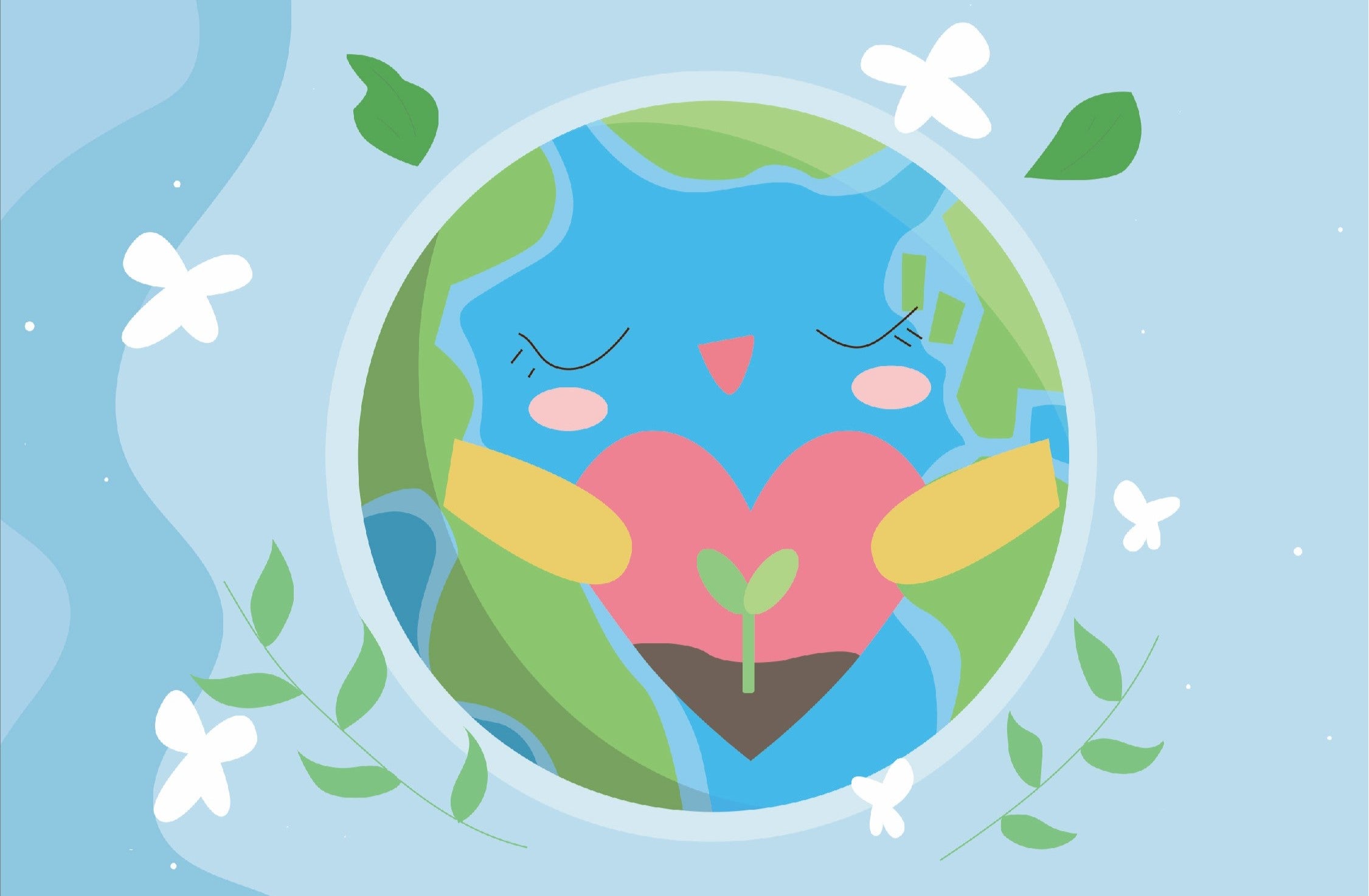
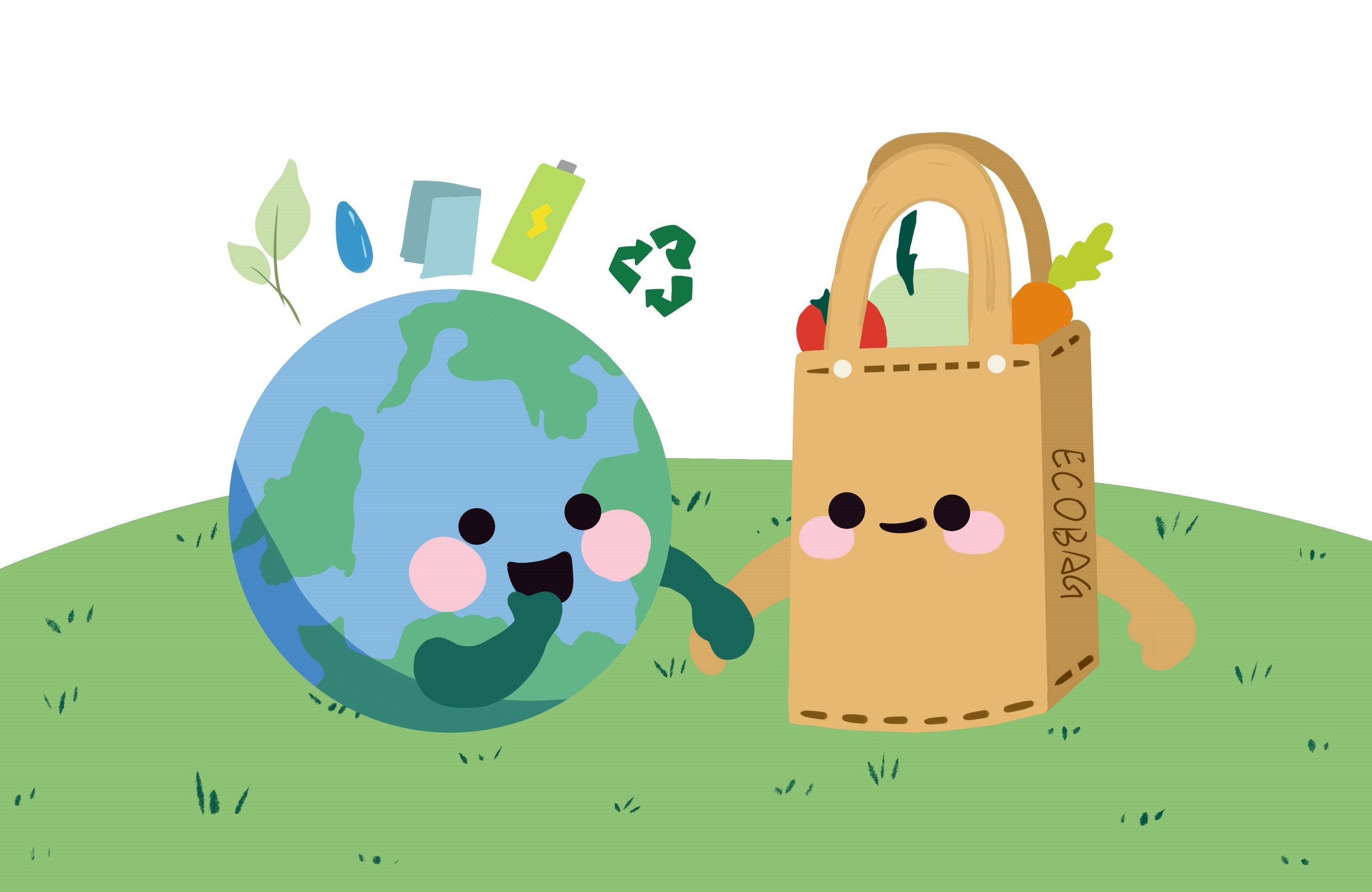
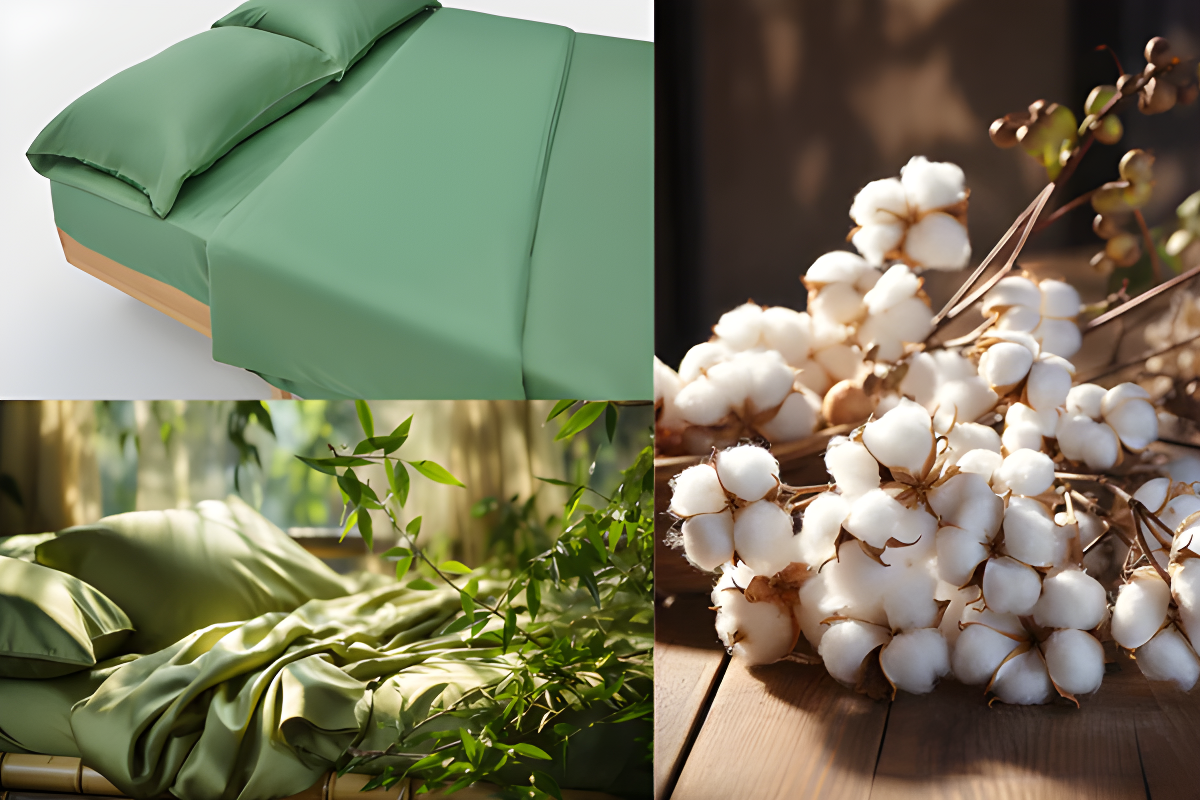
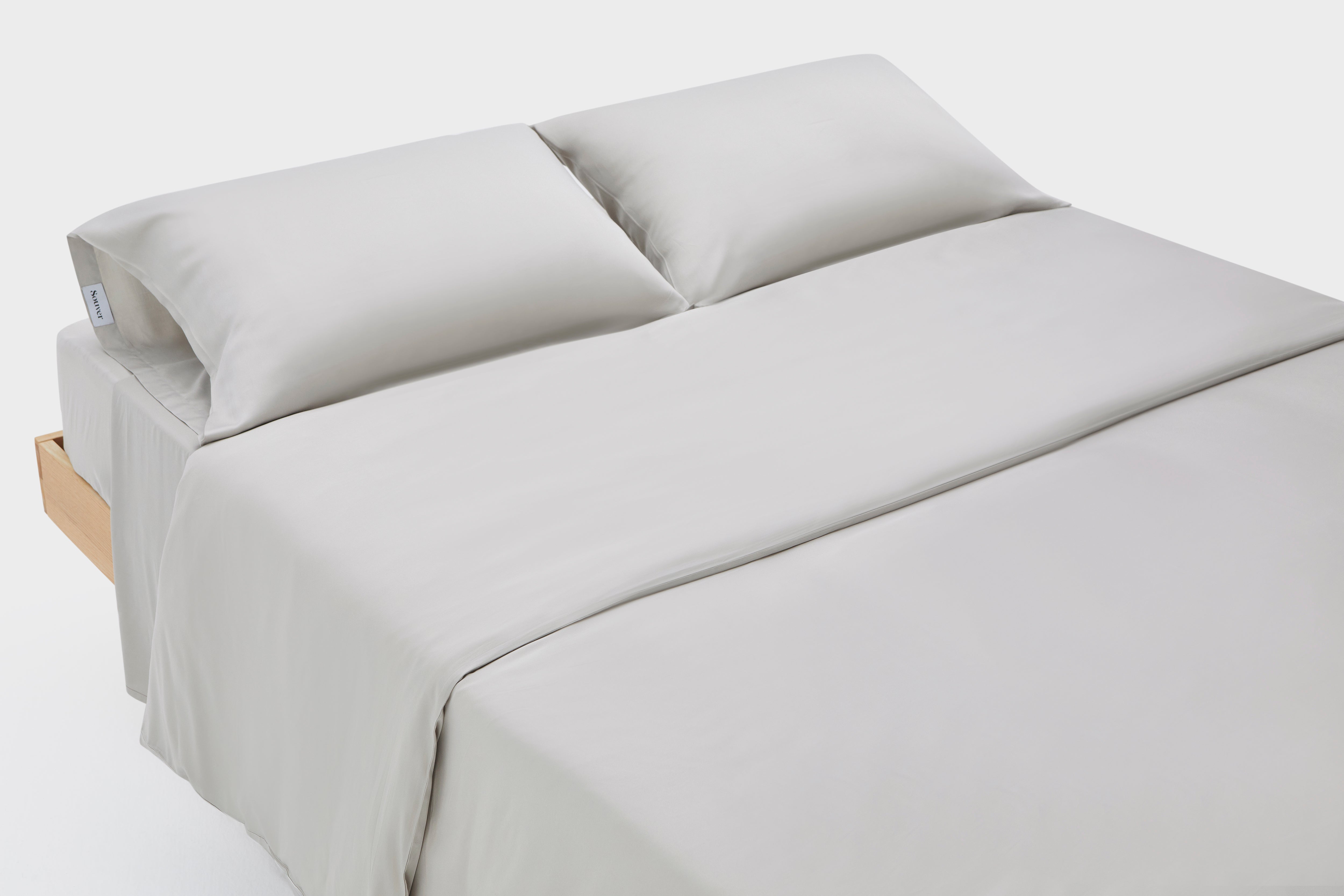
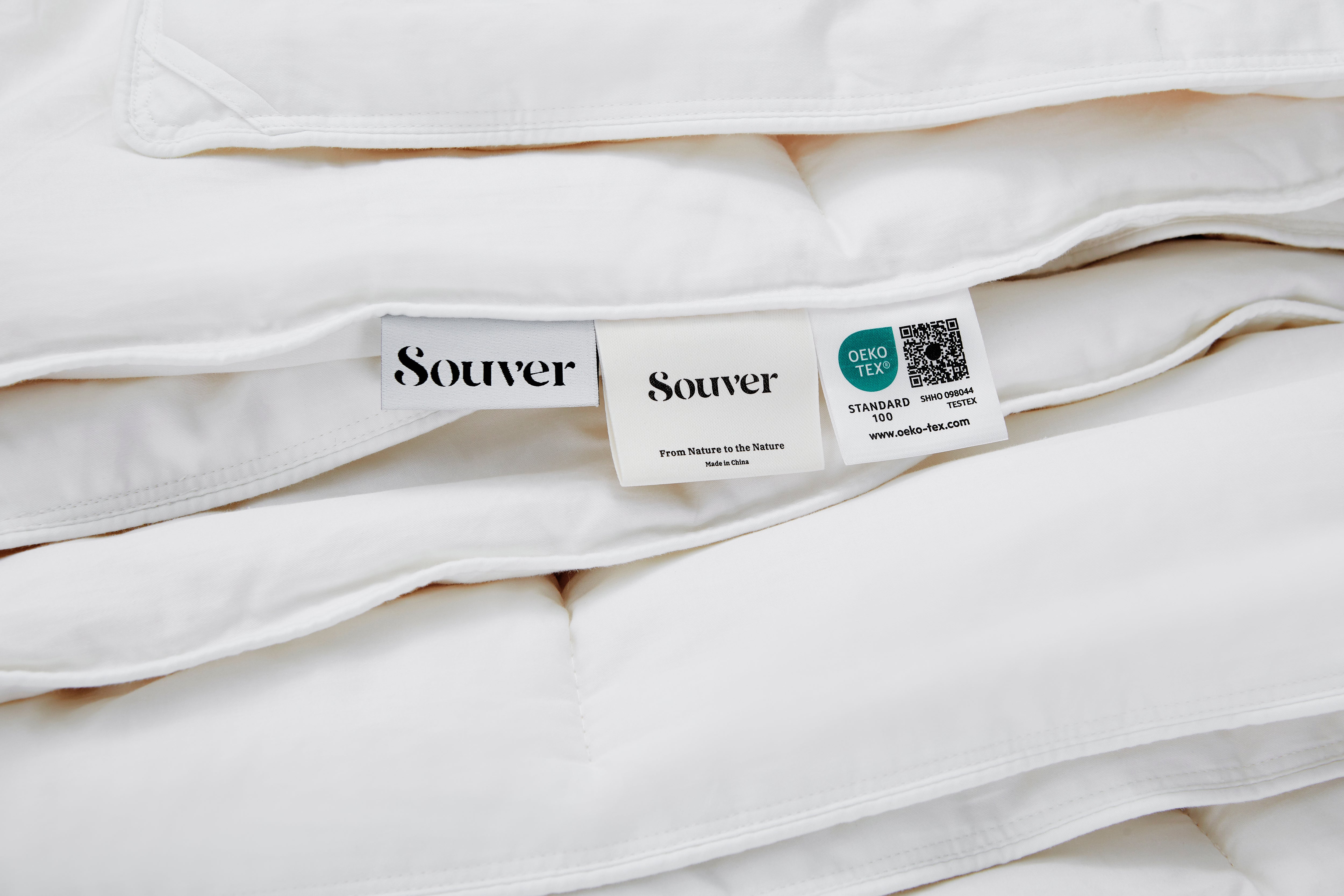
Dejar un comentario
Este sitio está protegido por hCaptcha y se aplican la Política de privacidad de hCaptcha y los Términos del servicio.